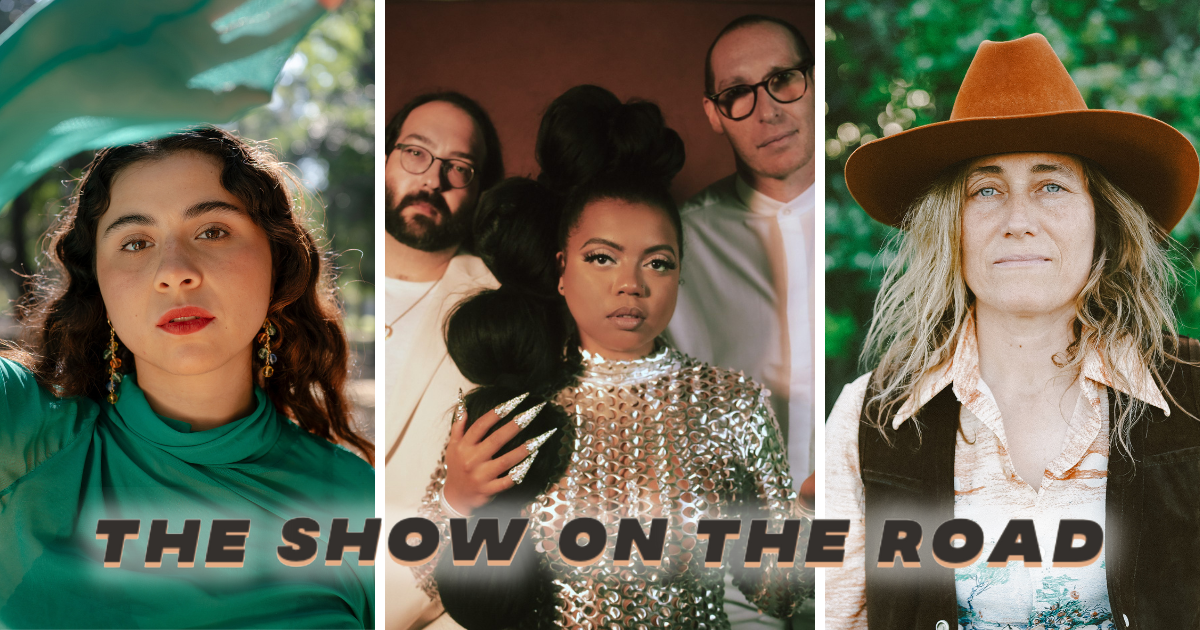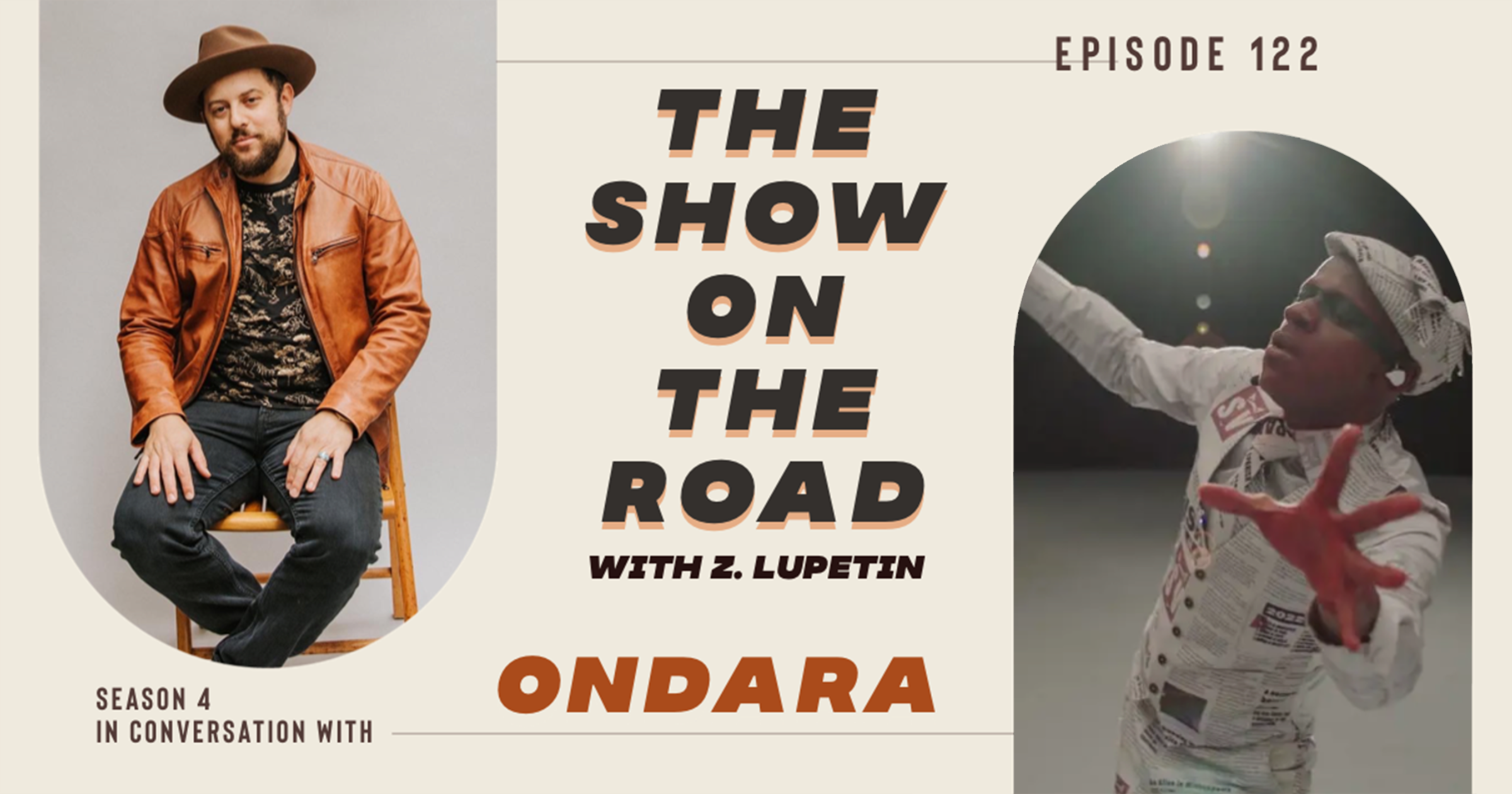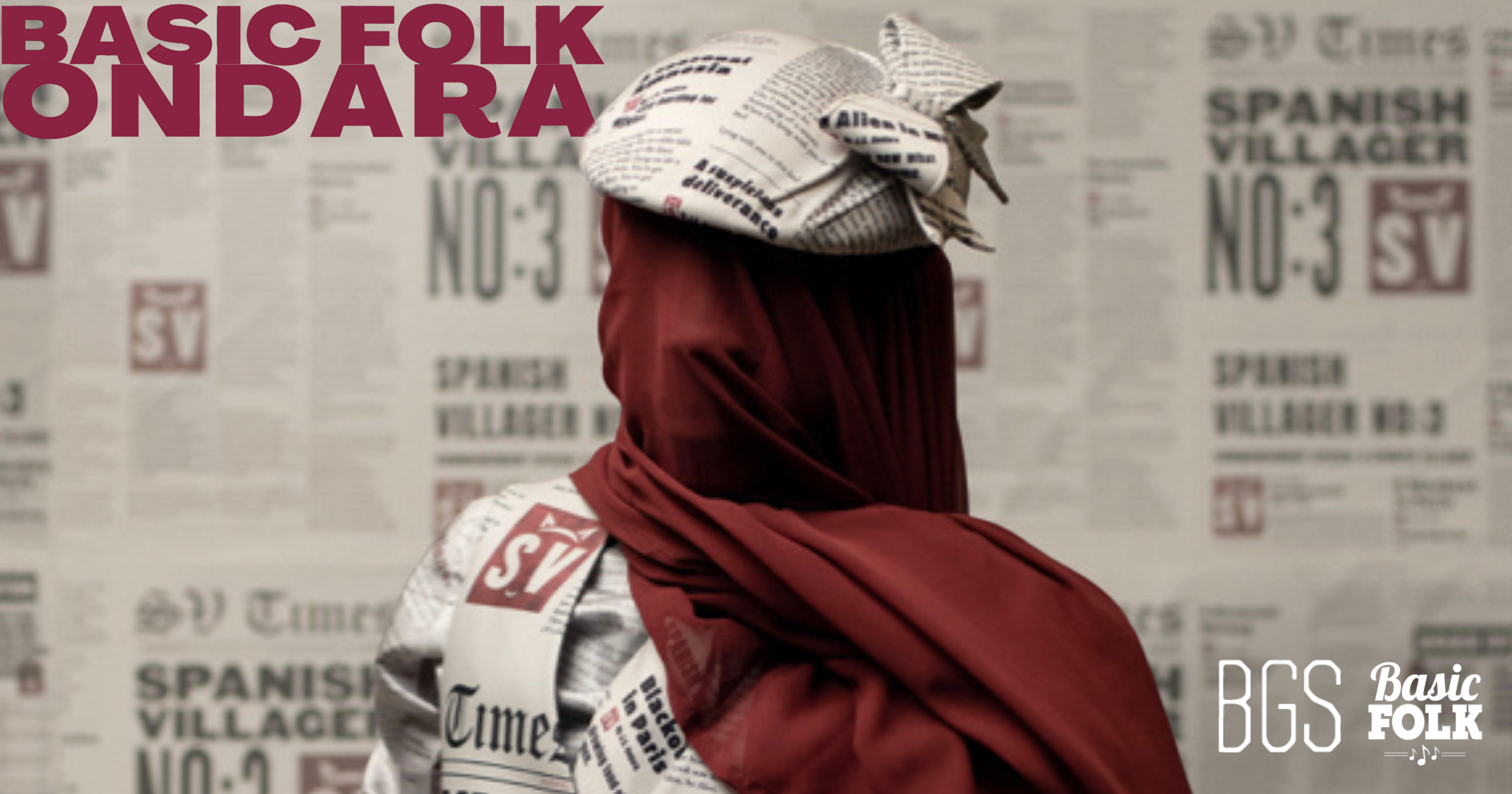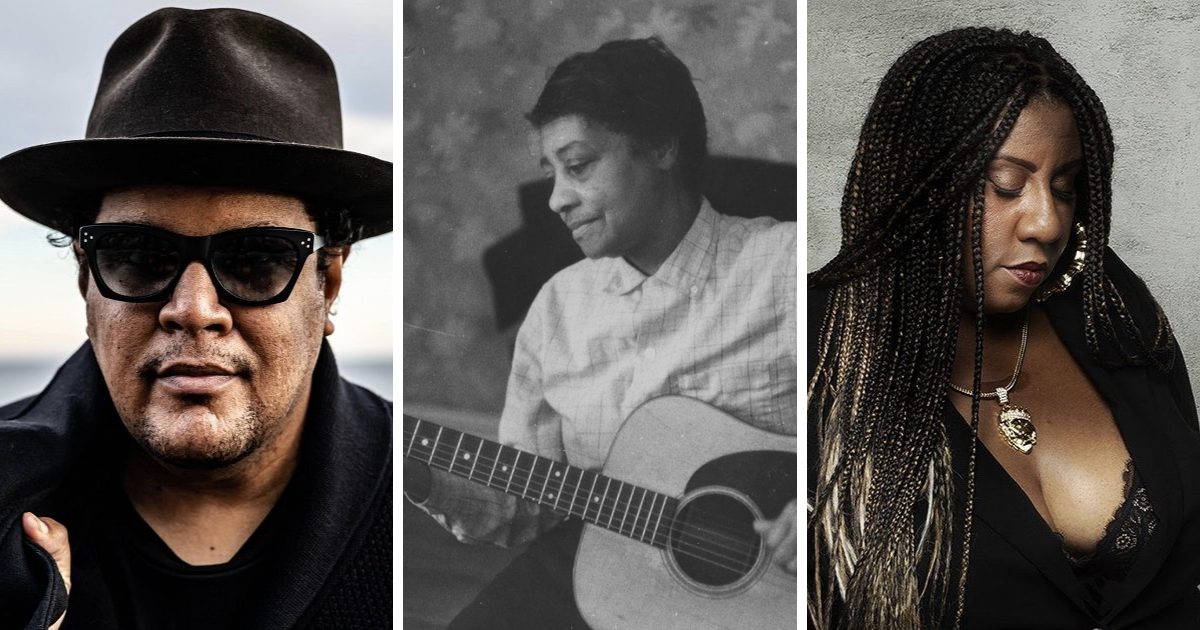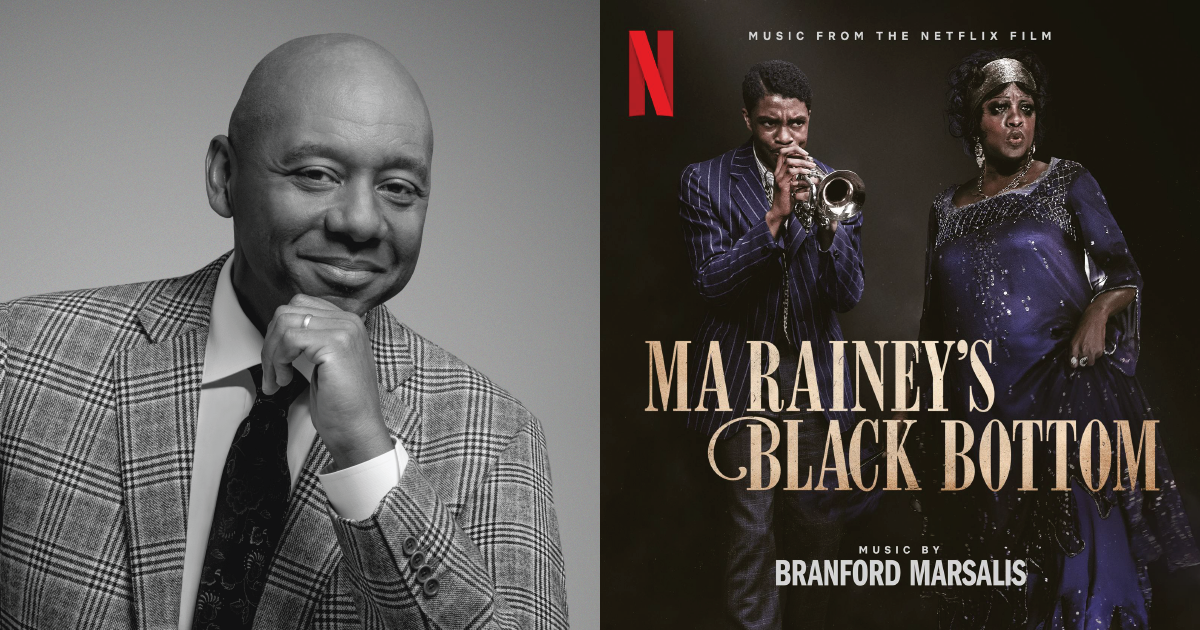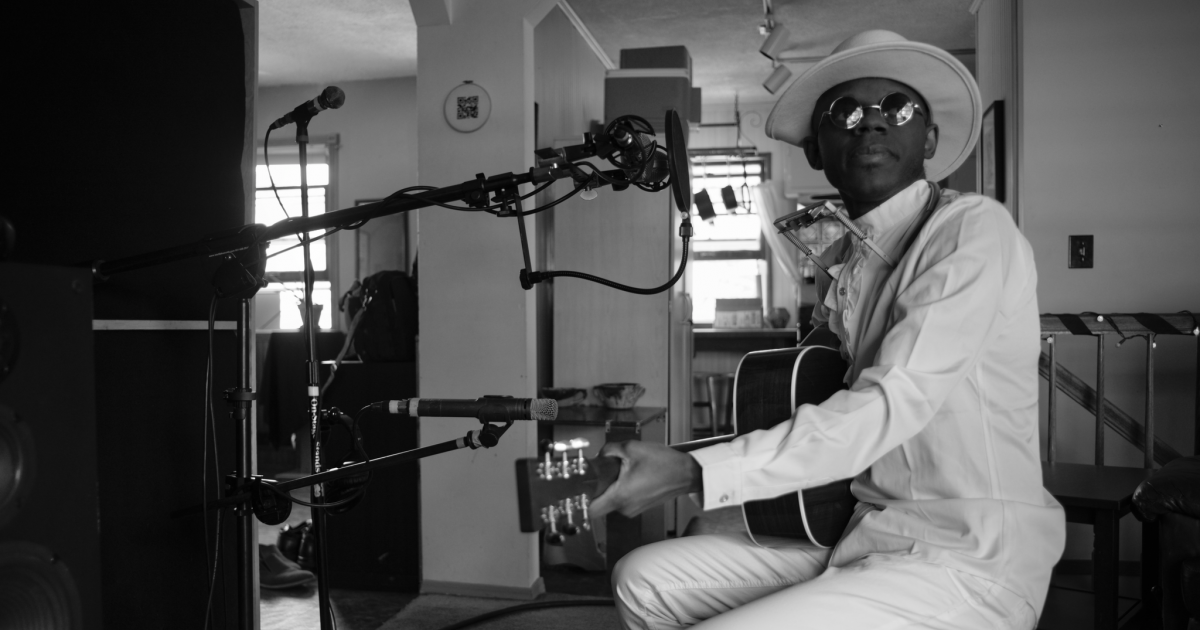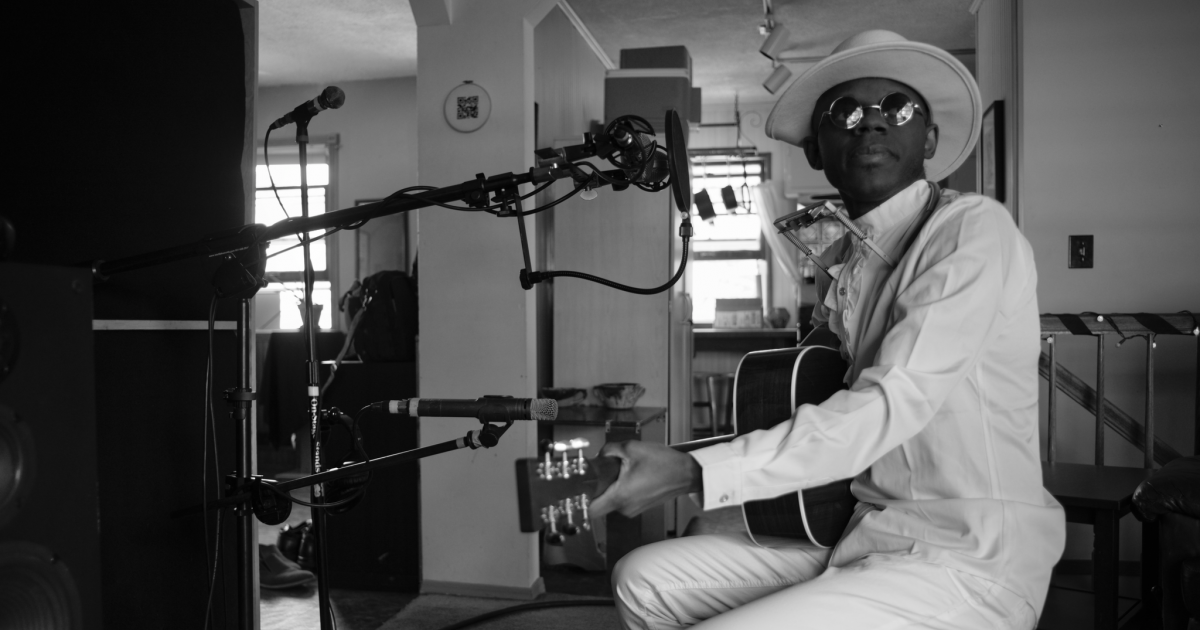How can one try and summarize the soundtrack to their life in a year? Indeed, we are in year three (!) of this endless pandemic and I find I am more and more drawn to pure escapism, fantasy and what I might call the “new nostalgia”? Personally, I don’t go more than a few hours in the day (or during sleep at night) without something on, whether it’s playing on my bluetooth speakers around the house, or in headphones as I walk the dog or the toddler around the neighborhood, or in the car rolling to the next spot.
LISTEN: APPLE PODCASTS • SPOTIFY • STITCHER
As I teeter towards 40, I admit I love old school radio – while driving especially – and while most of the year has felt like a bit of a creative slog, I was thrilled to finally launch my own radio show on actual airwaves which you can listen to on Saturday mornings. And as a new dad, I am not ashamed to say that playlists like morning classical chill or sadgirl piano background are what actually got me through.
But what about the songs that moved me? I live for a new song that knocks me out of my reverie: unexpected lyrics, or ripping solos, or funky beats that slap me across the face and make me go, “WHAT. WAS. THAT?” And there are some songs in the list below that surely did that. But does one song sum up a whole year? A year that began with me almost losing my wife to a horrifying rare syndrome while giving birth to our daughter? Of seeing her recover courageously and witnessing my daughter growing like a grinning weed that careens from room to room like a joyful banshee? Or traveling the country playing songs I wrote to sometimes empty or sometimes full theaters or festivals or saloons of happy or heckling strangers? Or talking to dozens of hard-working bands and songwriters with my mic from Nova Scotia to London, from Minneapolis to New Orleans, or right in the front bar of LA’s hallowed Troubadour? How can songs, like short stories, be stitched together to create the novel that is your life?
Maybe one can’t really sum up a year like 2022 with a few songs. But if you are curious about some of the music that did truly move me or make me smile or got me through, this is it! I truly love these tracks. I will always love them. Are all of these safe for your to blast at work? Probably not! But let’s get started, shall we?
Anna Moss feat. Rainbow Girls, “Big Dick Energy”
But when she put out “Big Dick Energy,” with its slithering flute, pulsing beat and openly cocky lyrics (and accompanying video of a shirtless dude being chased by aggressive ladies throughout San Francisco) I couldn’t quite believe what I was hearing. She mentions in an Instagram piece that while there are plenty of jokes to be had in the tune, “being a woman in a patriarchal society can feel so heavy…” and the song arrived really because she was tired of “not being seen or heard for your full humanity, but only being seen as a sex object for mens pleasure…” However you want to confront the patriarchy, this song is a jam. I can’t get enough. Turn it up.
The Deslondes, “Five Year Plan” (Ways & Means)
We don’t know who or where we will be in five years – and that’s OK. And somehow we needed Sam in his wise, gravely voice and jangly piano to remind us that just keeping on is a victory in itself.
Melissa Carper, “Makin’ Memories” (Daddy’s Country Gold)
To be honest, there’s nothing revolutionary about this track I picked here – truly I just can’t get it out of my head. Her friends and bandmates may call her “daddy,” but I like how she describes herself the “Hillbilly Holiday” for she does have a similar high-lilting vocal cadence – and yet at the same time, she also is the upright bassist in her band. She may not be a young rising talent, but things are coming from her, I feel it.
Seratones, “Good Day” (Love & Algorhythms)
This song contains multitudes: prayers, declarations, hope, dreamy synths and old school Jackson 5 guitar patterns, bubble sounds, bird sounds? Harmonies for days, massive gospel lead vocal showpieces, you name it. If you’re feeling down, this might turn you around fast.
Ondara, “An Alien in Minneapolis” (Spanish Villager No. 3)
Oddly, it feels like if Fleetwood Mac teamed up with Tracy Chapman. You will dig.
Onda Vaga, “Milagro”
I’ve been a fan of this group for years. They began in 2007 in Uruguay but are now based in Argentina (congrats on the World Cup!) and I just rediscovered them through this beautiful harmony-rich track. Put it on and take a little vacation with your ears.
Silvana Estrada, “Tristeza” (Marchita)
A friend of a friend who I trust to always send me the best Spanish-language music connected me to her a few years back and I can’t get enough of what she’s creating. Her videos, often shot in public squares around Mexico, are especially entrancing. I was lucky to be her first English-language podcast taping last year, and she told me that this track speaks to the pervasive sadness we all have when we wonder why a love affair went wrong.
The Heavy Heavy, “Sleeping On Grassy Ground” (Life and Life Only)
Why do those old records our parents swayed to in high school still sound so good? Maybe we all need the chance to get back to that utopian late sixties feeling where anything was possible. I often find myself feeling a bit skeptical about how the young people will change the world for the better, but somehow this self produced rock-n-roll EP (which could be a glorious Mamas and The Papas outtake) reminds me to just sit back and sway to the music, and make that be enough.
The Cactus Blossoms, “Hey Baby” (One Day)
These Minneapolis-based brothers Jack Torrey and Page Burkum have a new record out this year in One Day that traffics in their signature sibling harmonies, chugging guitars and Everly Brothers-adjacent vintage roots-n-roll, but seems to add a little edge behind the vocal tenderness. And teams up with another forever favorite of mine, the ever squirmy Jenny Lewis. The eleven love-lorn songs hit me right where I needed it.
This opening track feels like it was written in the passenger seat of an old car as it was flying though the endless flat highways of the midwest I grew up in. The narrator casually wonders if it “will all work out.” What a question. Then he slyly reminds himself, like the quiet pep talk we all need: “It always works out.” Touché.
Dustbowl Revival, “Be (For July)” (Set Me Free)
This song was like my Swiss-army knife this year. I started writing it on the 1918 piano that arrived like magic during the pandemic from my wife’s family in Ohio. At first it was about how we couldn’t quite get pregnant and the sadness that comes from that quest. Then, my wife did get pregnant and we had no idea who this little creature would be. It was an ode to their future. Then she was born and my wife almost died bringing her to us – and the song changed one last time. It became the song I played alone at home wondering how we all would end up. How I could plan a new life and write an epitaph. It was the song that swayed my daughter to sleep. Even now when she bawls in exhaustion, all me and Mom have to do is hum the chords and she seems to know – everything might be OK in the end.
Not to gush, but I am immensely proud of how this song turned out – especially with the harmonies from our amazing new singer Lashon Halley and the cello and violin parts added from our old fiddle phenom Connor Vance. Maybe it will give you some solace or comfort if you need it. I’m simply glad it exists!
Monica Martin, “Go Easy, Kid”
Monica is from Wisconsin but has been a best-kept secret in the LA scene for years. Seemingly on the verge of some kind of stardom each year with her rich and intimate vocal mastery, she has appeared with funk heroes Vulfpeck and on Mumford and Sons frontman Marcus’s Self-Titled solo debut among many others, but she has yet to release a full record herself. If this is a glimpse of what’s to come, her future LP made up of poetic, lush story songs will surely be in my collection the moment it drops.
Photo Credit: Silvana Estrada by Jackie Russo, Seratones by Joshua Asante, Melissa Carper by Lyza Renee
